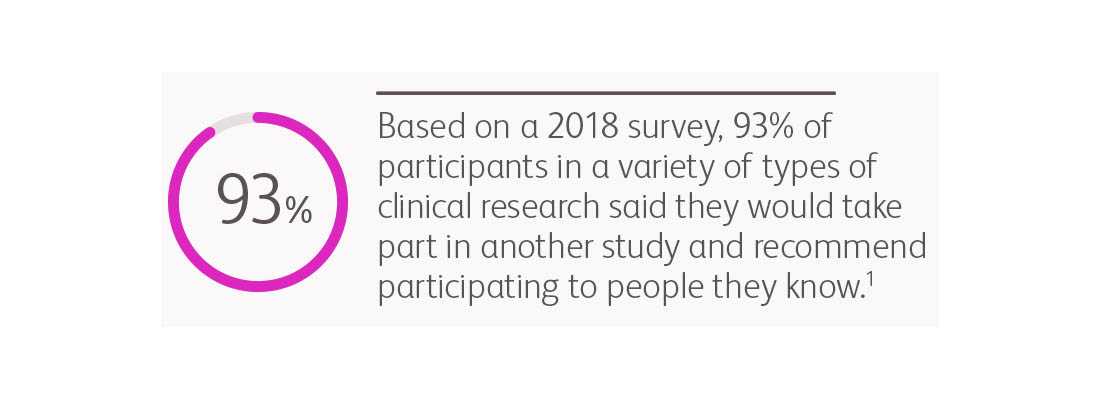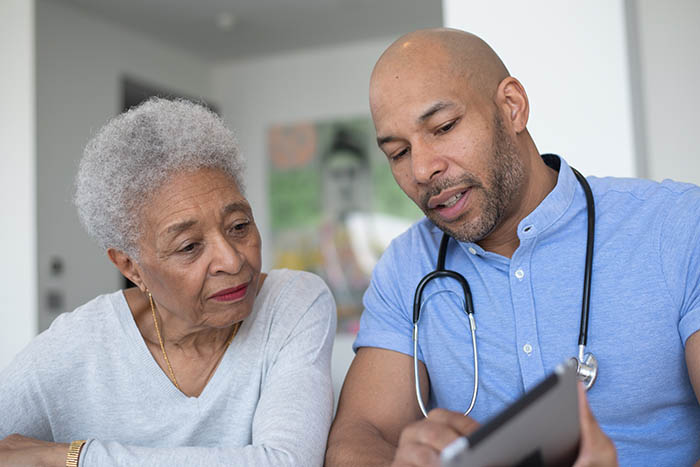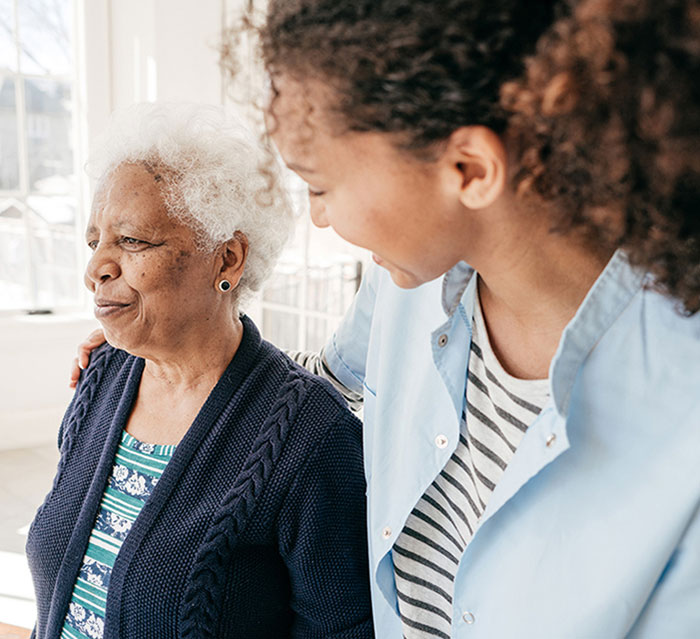References:
1. American Cancer Society. Global Cancer Facts & Figures 4th Edition. Available at: https://www.cancer.org/content/dam/cancer-org/research/cancer-facts-and-statistics/global-cancer-facts-and-figures/global-cancer-facts-and-figures-4th-edition.pdf. Accessed February 24, 2020. 2. AACR Publications/Cancer Research/Abstract 4191: The Worldwide female breast cancer incidence and survival, 2018; Zoubida Zaidi and Hussain Adlane Dib; DOI: 10.1158/1538-7445. AM2019-4191. Published July 2019. 3. ABC Global Alliance. Breast cancer worldwide. Available at: https://www.abcglobalalliance.org/articles/breast-cancer-worldwide/. Accessed February 24, 2020. 4. American Cancer Society. Breast Cancer Facts & Figures 2019-2020. Available at: https://www.cancer.org/content/dam/cancer-org/research/cancer-facts-and-statistics/breast-cancer-facts-and-figures/breast-cancer-facts-and-figures-2019-2020.pdf. Accessed February 28, 2020. 5. Stapleton SM, Oseni TO, Bababekov YJ, et al. JAMA Surg. 2018;153:594-595.





